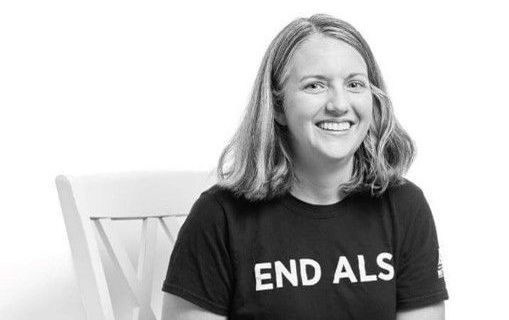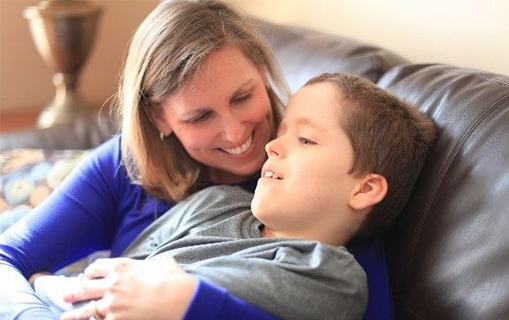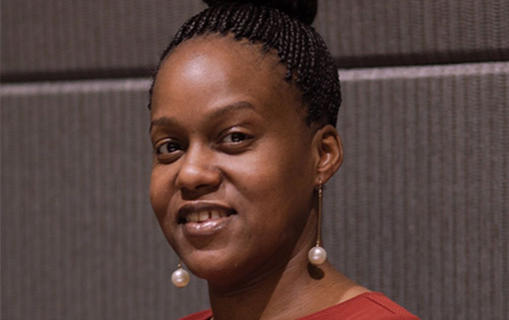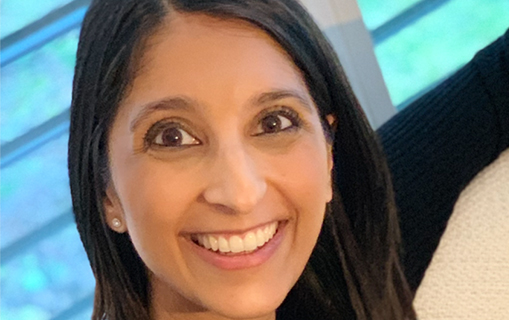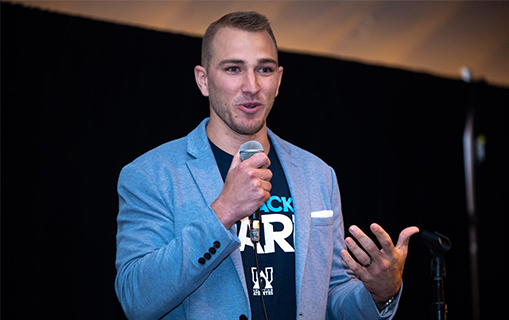Taking part in a clinical study is a very personal decision. However, its impact has the potential to extend well beyond the individual. While some clinical studies can be potentially lifechanging for a single person, all studies help us learn more about how to make the world a healthier place for all.
We hope you enjoy the inspiring stories these people kindly shared about their individual experiences with clinical research. They are a constant reminder of the hope research can offer and the reason we come to work day after day.
Patient Story
Andrea & David's Story
Andrea Peet's life was taking off. She finished graduate school, married, launched her career and was running marathons and triathlons...
Patient Story
Stacy's Story
Caring for a son with an ultra-rare disease while battling stage IV cancer...
Patient Story
Yasmeem's Story
In May 2013, Yasmeem Watson was 35-years-old, living a good life as she described it, when she received a diagnosis of Stage 3 colorectal cancer...
Patient Story
Anisha's Story
With calm strength and a sense of humor still intact, Anisha Gangotra speaks about life with an autoimmune disorder...
Patient Story
Rob's Story
Rob was just wrapping up his college career at Syracuse University and was on his way to fulfilling his dream of playing in the NFL when he discovered he had a large brain tumor...
Parexel Proudly Supports

Parexel proudly supports the Center for Information and Study on Clinical Research Participation (CISCRP), a nonprofit organization dedicated to educating and informing the public, patients, medical/research communities, the media, and policy makers about clinical research and the role each party plays in the process.




